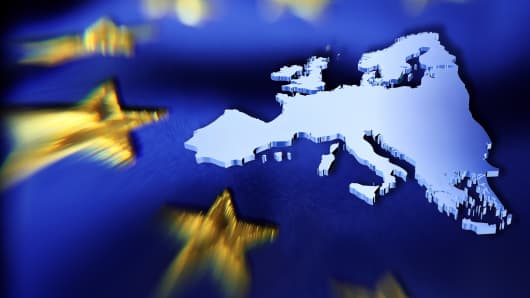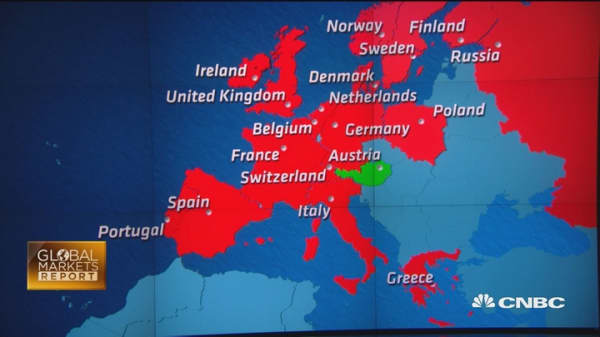These existential risks have been a sword of Damocles hanging over what EU politicians call the "European project" ever since its inception on the Capitoline Hill in Rome on March 25, 1957.
But, unlike the British Euro-skeptics, most people don't realize the logic of the "European project" – and its practical implications for state governance - despite the fact that the Treaty of Rome clearly stipulates that its signatories are "determined to lay the foundations of an ever closer union among the peoples of Europe."
Now, more than ever, that "closer union" means decisive steps toward political integration.
That was confirmed as recently as last Tuesday, February 16, 2016. Announcing that they were "concerned about the state of the European project," the foreign ministers of the six founding member countries (France, Germany, Italy, the Netherlands, Belgium and Luxembourg) dined together in Rome to discuss how to strengthen the union of 28 disparate nations.








